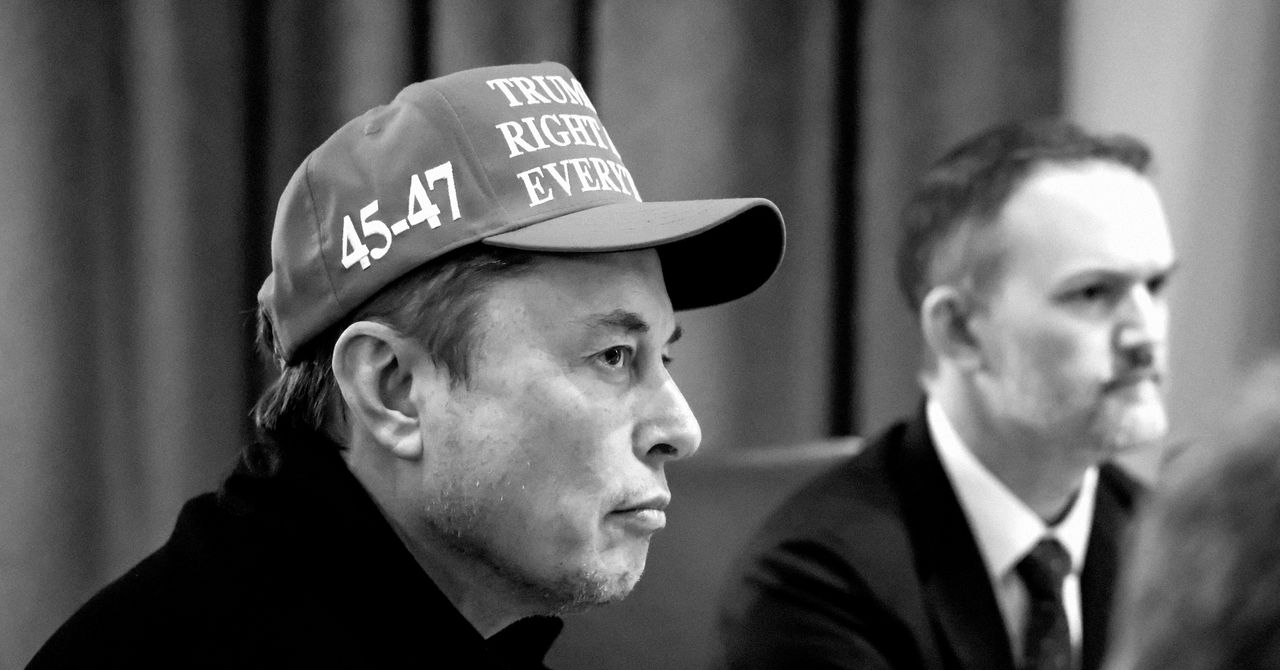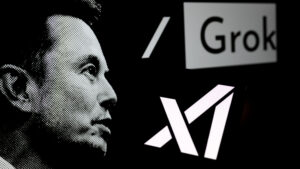Startup Founder Accuses Elon Musk of Appropriating the Name ‘Grok’

Trademark Dispute Surrounding Elon Musk’s xAI Chatbot, Grok
Elon Musk’s artificial intelligence company xAI is currently in the midst of a trademark dispute over the name of its chatbot, Grok. The issue stems from a suspension of xAI’s trademark application by the US Patent and Trademark Office (USPTO). The USPTO raised concerns that “Grok” could lead to confusion with two existing companies: Groq, a producer of AI chip technology, and Grokstream, a software provider. Ancillary to this, a third startup named Bizly claims that it holds trademark rights to the name “Grok.”
Background on Grok and its Naming
Musk’s choice of the name Grok isn’t entirely surprising; he has a history of selecting names that subsequently raise trademark issues. Just last month, Musk’s social media platform X settled a legal case with a marketing firm alleging exclusive rights to the name "X."
In this recent case, the founder of Bizly, Ron Shah, states that he and a colleague arrived at the name “Grok” during a brainstorming session. In tech lingo, “to grok” means “to understand.” Shah recounted his reaction to the confirmation of the name, saying, “We got excited, high-fived, it was the name!”
The Meaning of Grok
The term “grok” originates from Robert A. Heinlein’s 1961 sci-fi novel, Stranger in a Strange Land. In the book, it is part of a Martian lexicon, connoting deep understanding or empathy. This literary background informed Musk’s choice, aligning with the chatbot’s capabilities to offer insightful interactions.
The Trademark Claims
Ron Shah claims he applied to trademark the name in 2021, while he was developing an AI-driven live events app also called Grok. When Musk announced his version of Grok, Shah was stunned by the attention it received, with friends messaging him in congratulation as if he had partnered with the tech giant.
Shah insists that xAI has infringed on his trademark. According to Josh Gerben, a trademark expert and founder of Gerben IP, trademark laws in the United States are primarily designed to protect consumers rather than businesses. The fundamental goal is to avoid consumer confusion regarding the origin of products or services.
Other Trademark Applications
Interestingly, the name Grok isn’t exclusive to Shah’s application. Musician Grimes also trademarked the name for an AI-powered plush toy aimed at children. However, the application from Grimes is fundamentally different from Shah’s, which lessens the potential for confusion among consumers.
Factors Influencing Trademark Decisions
Legal experts indicate that several factors play into the success of trademark applications. Gerben emphasizes that the functionality and target markets of the respective products matter significantly. Each case is judged not only based on the name itself but also on how it’s utilized in commerce. For instance, Bizly will need to show that its trademark is used to market its services in at least two states for it to progress in its claim.
The Process of Trademark Registration
The USPTO maintains strict guidelines on trademark applications. Individuals or companies need to demonstrate that the name is actively used to sell goods or services in multiple states. Before launching a business, it’s possible to file for a trademark, but actual registration is contingent upon the business being functional, which can complicate matters for startups.
As the situation with Grok unfolds, the outcomes may influence how similar cases are handled in the tech industry, particularly in the fast-evolving domain of artificial intelligence and digital services. The importance of proper trademark management is evident as corporations like Musk’s xAI navigate the competitive landscape, where names carry significance that can lead to both innovation and legal entanglements.




